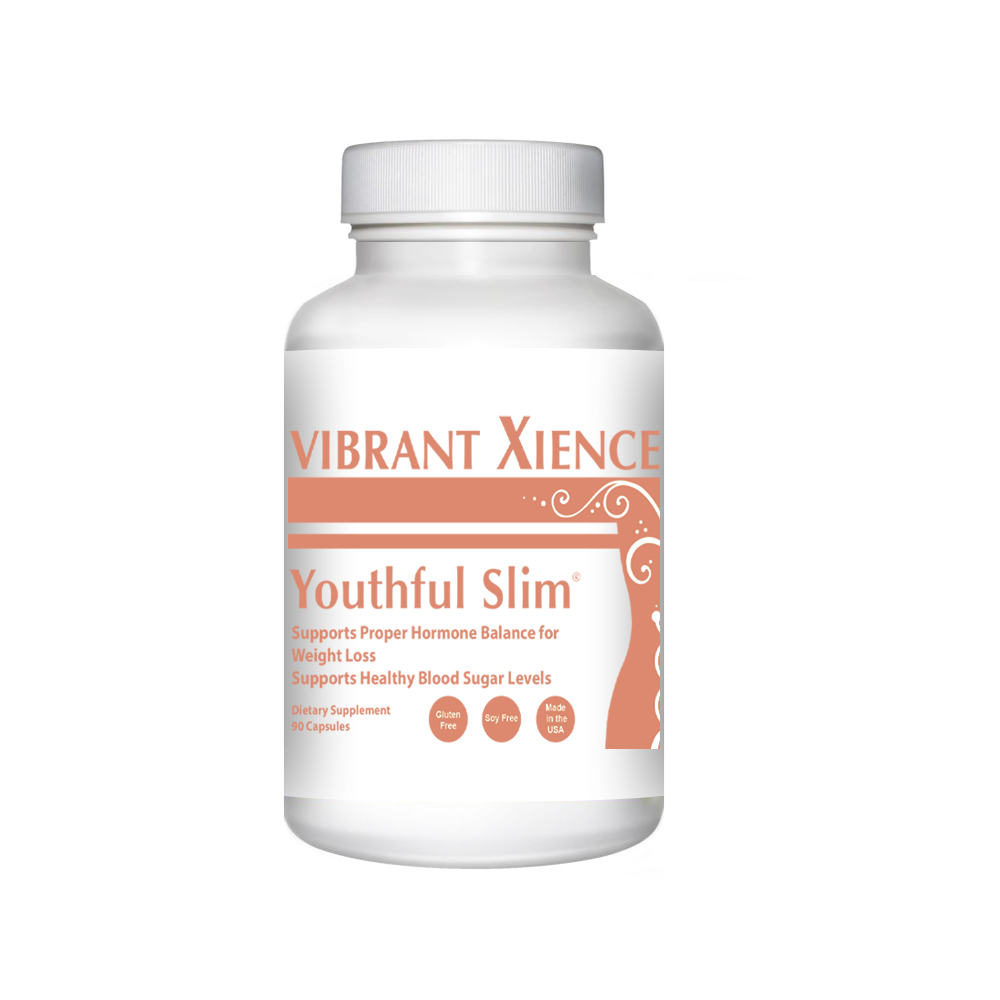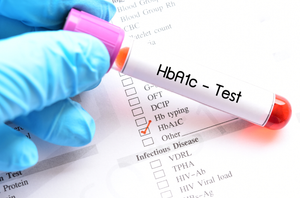In “Stopping Hormonal Triggers That Hinder Weight Loss, Part I,” we discussed insulin and insulin resistance. Here, you will discover that insulin is not the only hormone involved in triggering overeating episodes. You will also learn the 3 main reasons for the disheartening and unhealthy weight gain-loss-gain yo-yo cycle,1 and how you can overcome it.
Leptin and Ghrelin – Appetite Regulating Hormones
Leptin is a hormone produced by fat cells. Leptin sends signals to the brain; its main job is to help the body maintain its weight, and to tell you when you’re full (satiated). Leptin is also referred to as the “satiety hormone.”2
Leptin resistance
While leptin resistance is a complex pathophysiological situation, it is basically a condition wherein, over time, a decrease in tissue sensitivity to leptin has taken place, and thus a reduction of signaling to the brain (from leptin) to burn fat, leading to further obesity and insulin resistance which is a precursor to type II diabetes.3 When leptin resistance is present, the brain encourages more eating along with lowered energy levels and resulting sluggish metabolism.
Ghrelin is a hormone produced in the stomach, brain, and pancreas; ghrelin is also called the “hunger hormone,” as it tells your brain when you’re hungry.4
Leptin and ghrelin work together to keep a balance, or “homeostasis,” of energy in the body.5 Since leptin comes from fat cells, lowering one’s body fat level means that leptin levels will also decrease. However, with a decrease of leptin levels comes an increase in ghrelin hormone levels, which causes an increase in appetite and cravings, which is why it’s so difficult to go on a calorie-restricted diet.
3 Main Reasons for the Weight Gain-Loss-Gain Cycle
- Our hormones giving us messages that we need more food (when we actually don’t).
- Our modern lifestyle wherein we have instant access to any kind of quick, hyperpalatable carbohydrate fix we can imagine.
- Having a far more sedentary lifestyle than our forebears.
What if the first reason (above) could be greatly curbed, or even eliminated? The cycle would then be dramatically altered which would give you a chance to make real and lasting weight loss progress. Your willpower to turn down junk food would no longer be severely sabotaged, and the exercise time slot you struggle to schedule would begin to pay off pound-wise!
Youthful Slim – the Natural Way to Curb Hormonal Eating Triggers
Introducing: Youthful Slim – a dietary supplement that can help you stop the harmful weight gain-loss-gain yo-yo cycle! Youthful Slim is an all-natural combination of the following ingredients:
Eatless ™ – shown to decrease leptin resistance, lessen cravings for sweets, and expand in the stomach to send signals of satiety.6,7,8,9
Berberine – helps to stabilize blood sugar levels and normalize insulin resistance.10 Our berberine is extracted naturally with water from Berberis Aristata Roots, and sourced from Kerala, India, whose pristine Western Ghats mountain slopes also support tea, coffee, many spices, and coconuts.
GTF EXcell Chromium™ – a hormone-like compound that works with insulin to transport glucose out of the blood and into the cells. The liver also needs chromium to manufacture fatty acids, lecithin, cholesterol and lipoproteins. Chromium may also positively affect blood fat levels and the liver filtration process. Neither chromium by itself nor chelated forms of chromium are bioactive. Only the chromium complex from yeast (GTF) is activated so that the body can use the mineral safely and effectively to:
- support already healthy blood sugar levels and help curb insulin resistance11,12
- stabilize appetite for weight management13
- promote energy production by helping transport glucose to cells14
The ingredients in InsulXSlim have been associated with reduction in appetite, reduction in carbohydrate cravings, and reduction in body fat accumulation. Stop yo-yo dieting, and try Doctor Emi’s InsulXSlim. It can help you stop constantly craving sweets, feel fuller faster, and stop packing on the pounds!
Please first discuss this, or any other dietary supplement you take or wish to take, with your physician as dietary supplements can react with medications as well as with one another.





